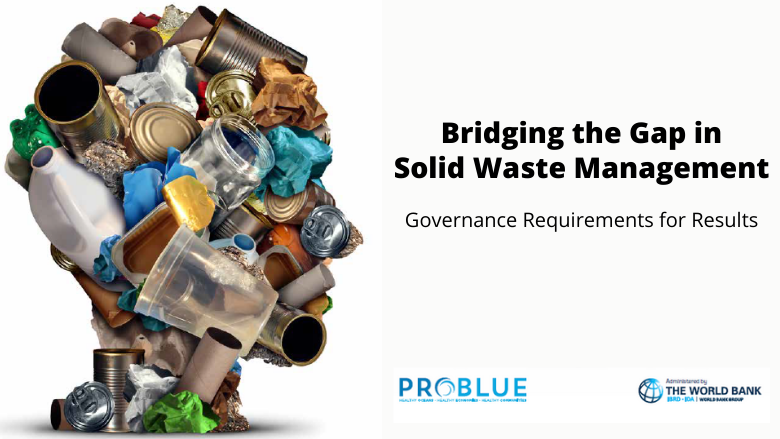What could be sadder than seeing a country, a city like Memphis or a region with a mountain of garbage? However, this painful reality is very present in certain countries, more particularly in the majority of developing countries. The tons of waste accumulating everywhere can cause serious environmental and health problems. Let’s take a closer look in this article at the consequences of poor waste management.
The different types of hazardous waste
To avoid poor waste management, the best option is to recycle it. Some companies specialize in buying and recycling recyclable waste. Using their services is therefore a good gesture for the environment. Please note that the world only recycles a third of the waste on average according to global statistics. Indeed, some of this waste is not recyclable (more info), which can lead to serious consequences once left in the environment. Here are some dangerous substances to be aware of:
Heavy metals
Heavy metals such as lead, cadmium, nickel and chromium are among the most dangerous metal wastes in the world. There are still certain companies which buy these scrap metals and non-ferrous metals in order to preserve the environment and everyone’s interests.
Oxidizers
Oxidizers are also very dangerous waste for humans and the environment. Indeed, these substances contain chemicals allowing combustion such as sodium chlorate.
Hospital waste
Disposable hospital items like syringes and needles are also not recyclable. In addition, they can cause serious consequences whether on the environment or on health once discarded.
The consequences of poor waste management
Poor waste management can have serious consequences, whether on the environment or on humans. We detail this below under different categories.
Poor waste management can lead to serious health problems. Did you know that the various non-recyclable waste thrown everywhere encourages the proliferation of rodents and also harmful insects? And yet, this is what we sometimes notice in Tennessee. Indeed, the proliferation of rats, mice and other rodents can lead to plague, a contagious and fatal disease. This long-standing rodent disease still exists in the majority of African and underdeveloped countries.
Waste containing heavy metals also causes serious health consequences. Indeed, they can cause neurodegenerative diseases such as Parkinson’s disease or Alzheimer’s disease. Metallic Trace Elements or ETMs can even cause kidney failure in the worst situations, while destroying the digestive system and the respiratory tract.
Poor waste management can also lead to serious environmental problems, so sometimes it is best to rent a dumpster to discard the junk properly. Uncontrolled waste also causes water and air pollution. Indeed, the various harmful substances thrown everywhere produce fermentation odors. While air pollution can cause serious health consequences such as asthma attacks, bronchitis, allergies of all kinds, etc. Poor waste management can also cause other serious health diseases such as lung and skin cancers.
As for water pollution, this can have consequences whether on aquatic species or on humans. Indeed, this can lead to the extinction of certain species living in aquatic environments. Water pollution can also cause serious illnesses such as diarrhea, hepatitis, etc, and it can come from landfills.
Uncontrolled waste can also cause soil pollution. In fact, it becomes acidic given the chemical and toxic substances it contains. These chemicals and toxic products are very dangerous and may reduce crop yields. Not only is acidic soil harmful to crops, but it is especially dangerous for consumption.






